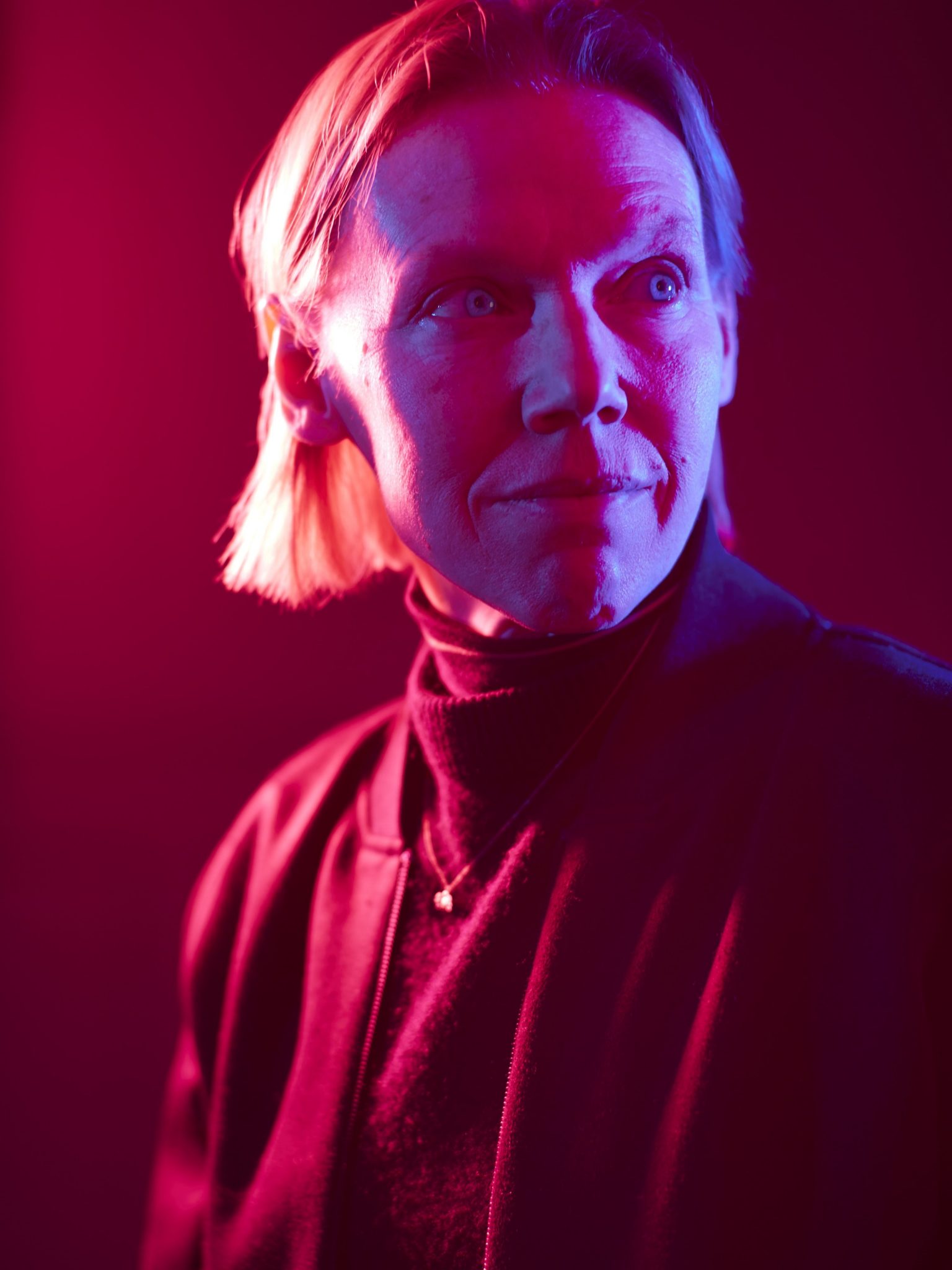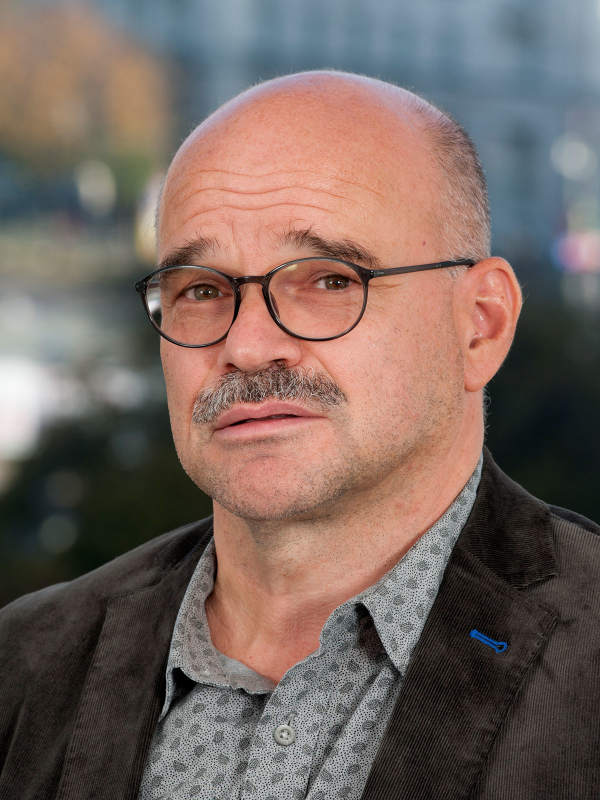Keynotes
| Keynote Speaker | Keynote Abstract |
|---|---|
 Prof. Caroline Bassett University of Cambridge | Let’s hear it for the end of the world? Or the Good and the No-Good No Place Comparison is central to the invitation Speculative Fiction makes. SF, that is, challenges us to compare this fictional universe to our own, this society to the one we live in, this future, which has come to exist in fictional form, to our own possible future, this space, this world, this exhausted, or renewed, or alien, or earthly, environment to the one we live in and experience now. What form the challenge takes matters. It depends amongst other things on the intentions of those producing the work. Consider the call for ‘greater realism’ from literary SF writer Ursula Le Guin, who used it mount a critique of an increasingly technocratic and despoiled world, and contrast it to the kind of invitation to think through the scenarios envisaged in ‘useful fiction’ as it is deployed by the US or UK military, or to the visions of the future embedded in the tech industry’s marketing materials (and articulated in the affordances of its products). These distinctions can be explored in relation to temporality (as properly utopian or as pragmatic for instance). However, the starting point of this paper is to compare (some of the) kinds of future spaces literary SF produces with (some of the) other forms the technological imagination takes, and with some of the spaces and places it makes. One way to do this might be to directly interface a single work with a single product, or a single work with a particular company vision. Another is to explore how to think at larger scales; is it possible to discern a symptomatic landscape of apocalypse for instance that corresponds to a genre of petro-fiction, or nuclear fiction, or AI fiction, that stands gainst visions of a future prioritizing growth? This paper begins to address that task and is particularly interested in thinking about landscape as genre. |
 Jun.-Prof. Mareike Schumacher TU Darmstadt | Affective space? Narrative space as a multidimensional reference system In this talk, I present a multidimensional model of narrative space. The model is based on a broad theoretic foundation and operationalized for usage in machine learning. By automatically annotating literary texts from different time periods with six spatial categories included in the model the importance of space in narrative texts becomes visible. Moreover, by in-depth analysis of passages with a high density of spatial descriptions the associative character of narrative space shows. Mentioning space, i.e. naming relations or certain places does not only offer a setting for a narrative. Space comes with a whole range of sociocultural associations. Space thus not only turns out to be one of the most fundamental analytic categories for narrative texts, but it also frequently includes multiple non-spatial cultural codes. Space can not only be linked to affect as a second yet independent category of analysis. Space in itself is including affective references and can indeed be part of the emotional setup of narratives. |
 Dr. Matthew Wilkens Cornell University | Toward a joint analysis of gender, space, and affect in large literary corpora Researchers in quantitative digital humanities possess powerful methods to analyze the distribution of character gender, spatial attention, and literary affect in large bodies of text. Although these three aspects of literary representation are mutually informing in many cases, most studies to date have treated them individually. In this talk, I present the results of an extensive project analyzing the co-involvement of gender and space in British literature between 1800 and 2010. We find significant changes over historical time in characters’ mobility, in their occupation of urban environments, and in the detail with which their surroundings are described. These changes include surprisingly predominant associations of urban space with women-identified characters, as well as large gendered differences in the treatment of international locations. But we also find that gender-related gaps in characters’ occupation of space have in general proven unexpectedly persistent over more than two centuries. I conclude with data and reflections on the methodological challenges of performing fully conjoint analysis of space, affect, and gender in literary texts, including new proof-of-concept results using zero-shot methods with generative large language models such as ChatGPT. |
 Prof. Alexander Honold University of Basel | We are deeply sorry to communicate that Prof. Honold will not be able to attend the conference this year. |